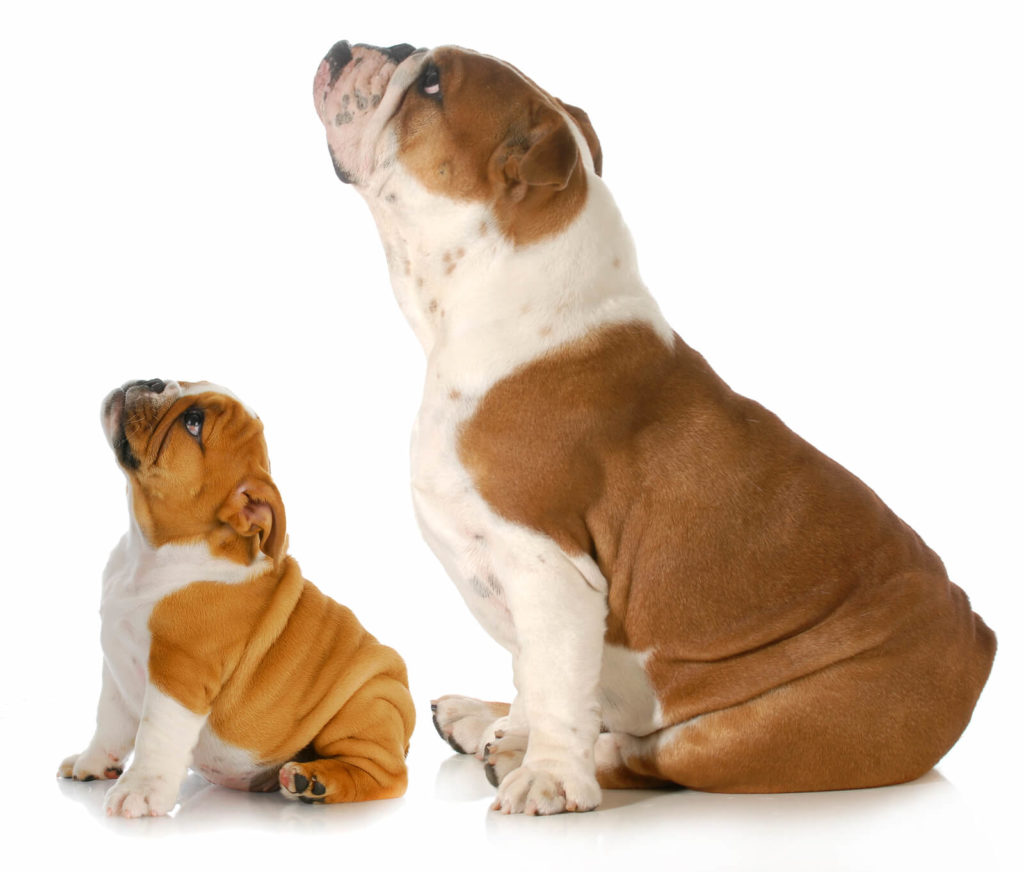Bringing a new puppy into your home is a wonderful thing, but a young or newborn dog may not be the right choice for all people. There are benefits and challenges to both adult and young dogs. With a choice as significant and long term as pet ownership, it’s important to consider all factors before diving in.

Here are some things to consider when choosing between young and full-grown dogs.
Puppies need a lot of attention
As opposed to adult dogs that may be more behaviorally mature and calm, puppies tend toward change, and a lot of energy. Young dogs require heightened attention from their owners for at least the first year of life. They need more love, training, exercise, vet visits, and regulated feeding and bathroom schedules.
If work, family, or travel will likely minimize time with your new dog, consider an adolescent or adult dog over a puppy, as they are behaviorally more predictable, and require less attention when it comes to basic things like potty training.
Puppies are hard to predict
Full grown dogs settle into their personalities and bodies. In other words, more often than not what you see is what you get. If chronic health issues exist, they may already be apparent, same goes for positive or negative aspects of their personalities.
This is not the case for puppies, who will often dramatically change over the course of their young years, and slowly reveal their character and general health to an owner. However, if you have the time and resources to provide the possible extra care a puppy might require down the line, aiding the growth of an unpredictable pup can be an incredibly joyful experience.
Older dogs are just as lovable
Some prospective owners worry that an older dog will be less affectionate than an adopted puppy. This is simply not the case! Older dogs are open to loving and obeying new owners. With consistent and loving care, building an unbreakable bond between an owner and an adult dog is likely. While a lifelong relationship with a pet is a beautiful thing, anxiety about not connecting with your adult dog should not prohibit you from choosing one if the demands of raising a puppy are too great!
Older dogs make great starter pets
Given all the factors listed above, plus more predictable demeanor and behavior, older dogs can make much simpler pets for first time dog owners. They may have foundations for potty training, feeding, walking, and socializing established, and personality types determined (energetic, lethargic, cuddly, skittish). These factors make it possible for older dogs to work through training and gain comfort in new environments with a lot less attention than a puppy may need.
Owning a dog is a great joy, no matter their age. But younger dogs come with certain challenges that some owners may not have the bandwidth to face. When deciding between a puppy and an older dog, consider as many personal and environmental factors as possible to ensure a responsible decision is made!